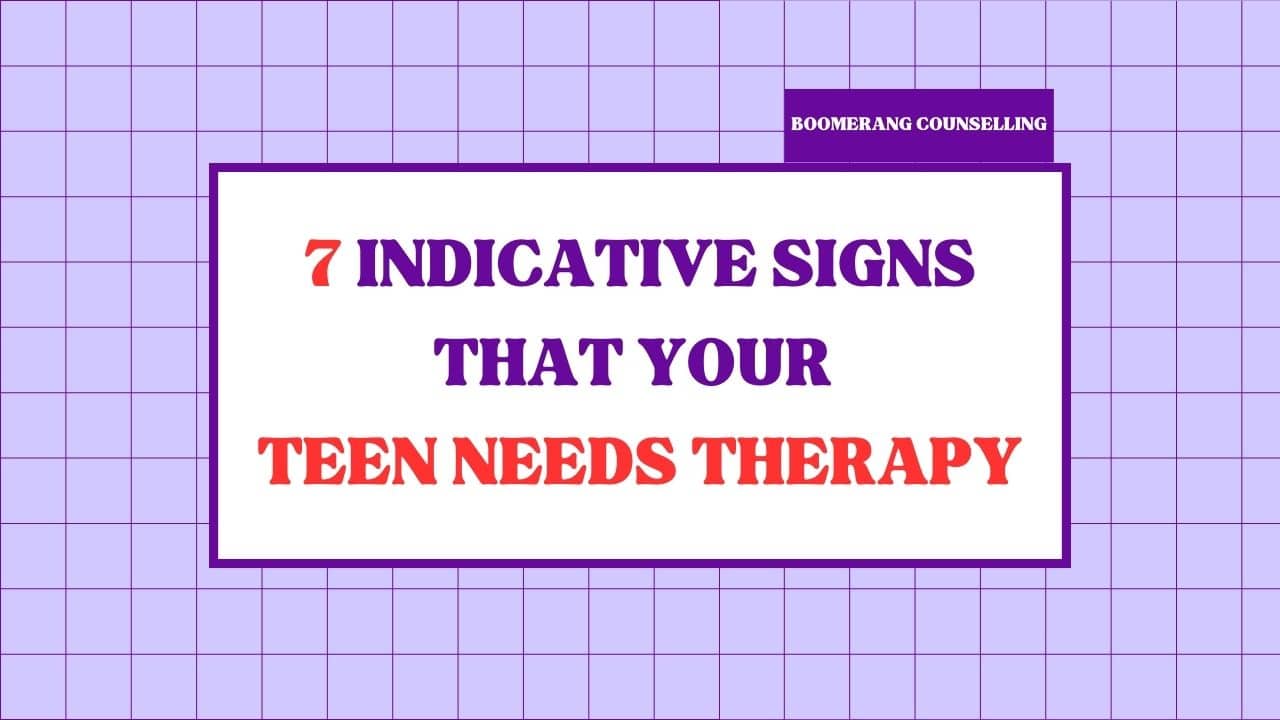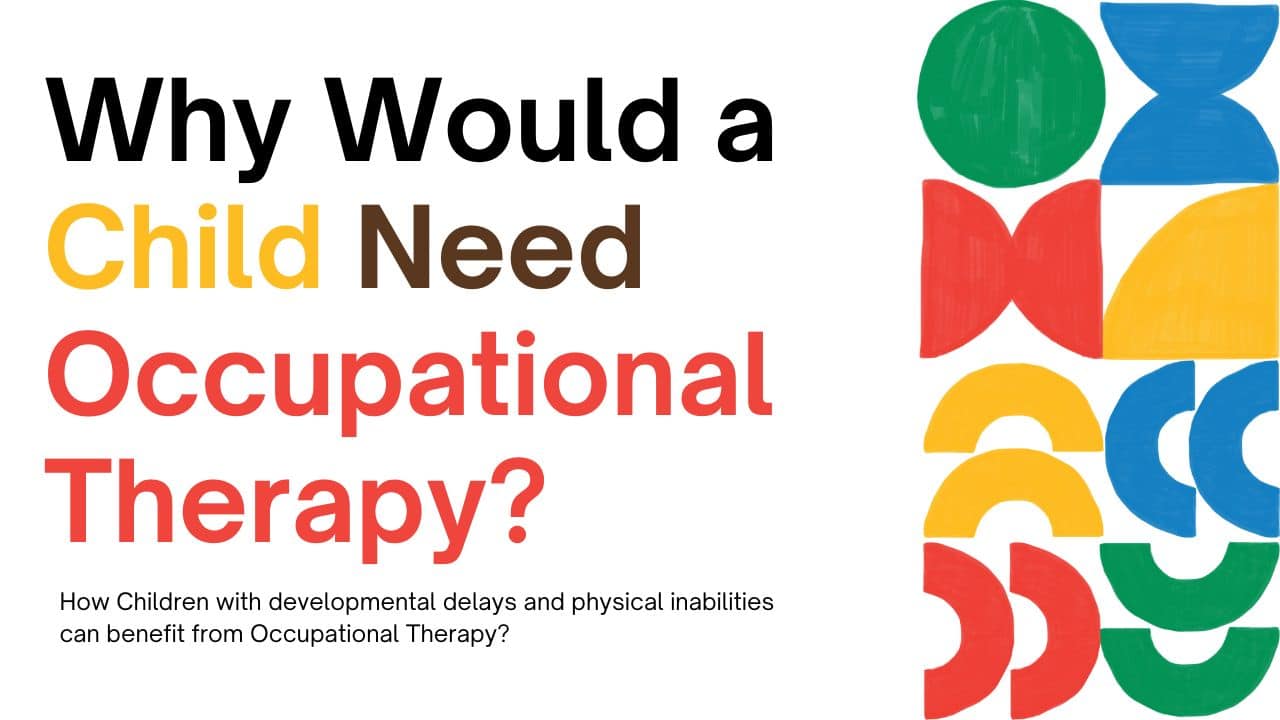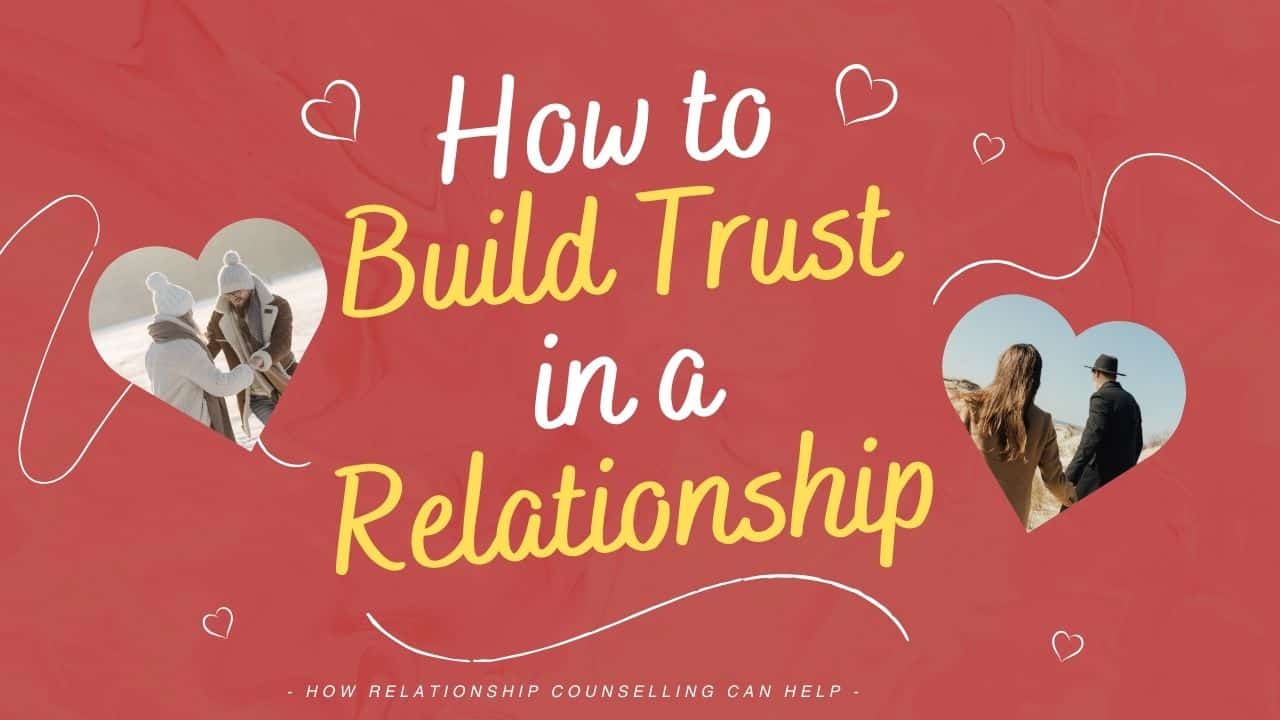Autism spectrum disorder (ASD) is a developmental condition caused by brain differences. People with ASD have struggles with social interaction and communication. They may also have restricted or repetitive behaviours or interests. They interact with their surroundings in different ways and have unique learning and attention styles. In this articles we will highlight the common signs and symptoms of Autism and help parents manage them.
How to Know if your Child has Autism?
One of the most common symptoms of Autism is that children diagnosed with autism spectrum disorder have unique behaviour patterns. Severity varies from one child to another. Some children are more restricted in behaviours and the impact of sensory processing, while others have more capacity to pretend to appear like the average person. Individuals with autism may or may not have intellectual disability or language delay. Many people with autism are considered gifted and very intelligent.
If you want to know if your child has autism, the only definitive way is through an autism assessment by a healthcare professional. If you notice any unusual signs, list them to discuss with your general physician. These notes will help in your child’s assessment.
What are the Signs and Symptoms of Autism?
Some children who have autism have difficulties with language and learning abilities, while others have lower than normal intellectual abilities. A controversial term currently used is high-functioning autistic children (now being called Level 1), which implies that they often learn quickly but may struggle to apply what they have learned in their daily lives, particularly when interacting in social situations.
Some signs are related to the core characteristics for autism diagnosis; these are listed below.
1. Social Communication and Interaction
- Babies with autism do not smile in response to being smiled at, and toddlers do not respond to their name or look further away than when looking at you.
- Don’t follow the gaze or directions of parents when showing them something
- Delayed, limited, or no speech, which may include loss of language after learning to speak (some kids start to speak a couple of words, but might lose them after 1 to 2 years after learning)
- Use of repeated words or phrases (echolalia), also use made-up words, and sometimes technical or very literal speech using advanced or sophisticated words
- Less use of gestures and facial expressions while communicating
- Prefer not to make eye contact or be uncomfortable maintaining eye contact
- Difficulty in recognizing and reading body language and facial expressions while interacting
- Difficulty in playing turn-taking games, and understanding being interrupted during conversation, and prefers to play alone (beyond 2 years of age)
Other Common Symptoms of Autism
- Have a hard time building relationships with peers, but might get along well with younger kids or adults
- Not understanding hidden meanings and taking every phrase in literal terms, and are confused by idioms and metaphors
- Don’t engage in two-way communication and differences in rate of speech (fast/slow) and intonation (monotone/ singing voice), and using an unusual accent
- Mismatched verbal and non-verbal communication (saying they feel sad, but the body language doesn’t align with the emotion)
- Find difficulty in following social rules (for example, greeting/ shaking hands when meeting)
- Do not take an interest in others’ lives or ask questions about their likes, interests, or hobbies
- Difficulty in understanding the difference between someone being friendly and trying to bully/ hurt their feelings
- Communicating their honest and direct opinions (for instance, saying they don’t like a food/ play when they are expected to give a ‘polite’ lie)
- See the world in black and white (right and wrong) and have a strong sense of justice, thus struggle with grey areas
2. Restricted and Repetitive Behaviors and Interests (RRBIs)
Another core characteristic and symptoms of autism spectrum disorder is restrictive and repetitive behaviors and interests. These are also referred to as ‘self-regulating’ or ‘self-soothing’ activities. Examples of signs that are related to RRBIs include,
- A strong preference for routine and experiencing distress when it changes
- Make repetitive movements while excited or upset; flapping hands, rocking back and forth, making the same sounds repeatedly
- Engage in their passions or specific interests and find it calming, but find it difficult to disengage or move to other activities
- Plays with toys in a similar way over and over again (spinning wheels of a toy car)
- Lining up toys and objects in a specific order, and restricting anyone from changing them
3. Sensory Issues in Autism
Sensory differences are an integral part of restricted and repetitive behaviors and interests. These can be expressed in sensory-seeking or sensory-avoidant behavior, which can be restrictive/ repetitive. For instance, children with autism can be much more or less sensitive to visual stimuli, smells, sounds, or touch.
They may exhibit strong distress or avoid places that might cause sensory overload; for instance, too many colors, or the loud sounds of musical toys or swings in a play area. They might also find some sounds or smells calming, or prefer being tucked in bed tightly before going to sleep.
Also, such kids often avoid certain foods because they dislike the texture, and may react to the sensation or touch of specific fabrics on the skin.
There isn’t a clear line between the features of autism and a toddler being a kid. Several of the features listed above may be true for all children at some point in their growing years.
However, with autism, these behaviors are a part of their lives rather than a phase. These behaviors come with challenges in socializing with peers or at school.
Also Read: Can a Person Develop Autism in Later Life?
How to tell if your Child has High-Functioning Autism (Level 1)?
High-functioning autism is usually used to describe a child with autism who has average to high IQ levels and requires less assistance from caregivers. These children may be able to write, read, speak, and manage life skills with minimal support.
However, high-functioning autism (level 1) is not a medical or official term because it might be misleading or offensive. People with autism have a wide range of difficulties in social and behavioral areas.
It is a neurodevelopmental condition that affects information processing and communication. Each individual diagnosed with autism is different from the other person with an autism diagnosis.
Levels of Autism Spectrum Disorder
ASD is divided into three levels:
Level 1
People at this level typically display symptoms that don’t significantly impact their school, work, or relationships. (This is what people refer to when describing high-functioning autism)
Level 2
People at this level require daily assistance and support; for example, they may attend speech therapy and social skills training sessions.
Level 3
People in this category require substantial support to perform their daily activities; for instance, they may need intensive therapy or full-time aides.
Read More About: How to Counsel a Child With ADHD
Can my Child with Autism Live a Normal Life?
Many individuals on the autism spectrum can lead improved lives after undergoing therapies and learning to manage their daily lives. While some individuals experience difficulties, they can develop effective coping mechanisms and thrive with support. However, what is more commonly occurring is a level of understanding and support as we learn more about what it is like to live with Autism, and the high number of individuals who have endured life with this condition, often without prior awareness.
Individuals with autism can build successful careers. They can maintain healthy relationships, and achieve their academic goals. However, they need to put great efforts in trying to conform to social and societal standards.
Seeking a Diagnosis of Autism
When you’re struggling with your child’s social interactions, communication, and repetitive behaviors, a diagnosis provides insight into ‘why’ and helps you begin to accept and appreciate your child’s strengths.
Recognizing symptoms of Autism can help open doors to resources and support services that are specifically tailored to your child’s needs. Therapies and support can help to manage common symptoms of ASD and improve quality of life.
These strategies can help manage sensory overload, develop organizational skills, and foster connections to create a sense of belonging. Self-acceptance can help you and your child to approach life with confidence.
If you are looking for support for you or a child with autism, Boomerang Counselling Centre is here to help you. They have wonderful team of amazing therapists with knowledge, training, and for some, lived experience with Autism. You can learn more or book a consultation or session online her www.boomerangcc.ca to get the help and support you may be seeking.









